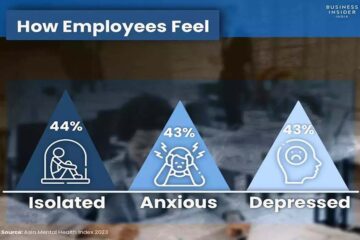Factors Influencing Muscle Development

Developing muscle requires a multifaceted approach involving various factors such as training intensity, nutrition, genetics, age, stress management, and recovery. Let’s delve into the insights provided by Harry Smith, a personal trainer and nutritionist, to optimize muscle and strength gains.
Training Intensity
Smith emphasizes the importance of lifting weights with sufficient intensity to stimulate muscle growth effectively. Training close to failure, where there are fewer than five reps left in each set, is key. Many individuals tend to underestimate their training intensity, highlighting the need for recalibration and pushing oneself harder during workouts.
Full-Body Workouts
For optimal results, Smith suggests incorporating full-body workouts three times a week instead of focusing solely on specific muscle groups. Prioritizing compound exercises like squats and deadlifts engages multiple muscles simultaneously, enhancing training efficiency and effectiveness.
Cardio Considerations
While cardio is beneficial for overall health, excessive cardiovascular training may hinder muscle growth by creating competing adaptations. Smith recommends moderating cardio sessions to prioritize hypertrophy, especially considering the significant amount of cardio already incorporated into the routine.
Nutrition Strategy
Maintaining adequate protein intake is crucial for muscle preservation and growth, particularly as individuals age. Smith advises consuming slightly higher protein levels than usual and ensuring a nutrient-dense diet to support muscle development. Monitoring body weight and adjusting calorie intake accordingly can prevent unintentional weight loss.
Recovery and Stress Management
Undervalued but essential, recovery plays a pivotal role in achieving fitness goals. Adequate sleep, ideally seven to nine hours per night, and stress management techniques are paramount. Incorporating stress-relief activities like meditation or engaging in relaxing hobbies can aid in recovery and overall well-being.
Conclusion
In summary, achieving muscle development requires a holistic approach that encompasses training, nutrition, recovery, and stress management. By optimizing training intensity, incorporating full-body workouts, moderating cardio, prioritizing protein intake, and prioritizing recovery, individuals can enhance their muscle-building potential and overall fitness journey.














